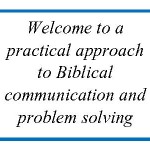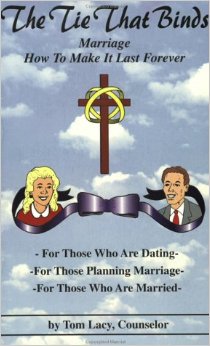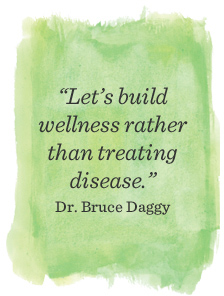God holds individuals personally responsible for what they think, say and do. This phrase encapsulates all we have learned about speaking and hearing since starting this series September 8, 2014.
Since this is so, a review is in order.
When we dealt with one of the three levels of change, i.e. the situational level, we saw our actions and reactions were prompted by what we think, say or do.
In addressing the truism, Problems are Solutions in Disguise, we noted our line of thinking was strongly applied. In conclusion, we can dwell (think on) the problem or we can dwell (think on) the solution. The one we dwell on (think on) grows.
The following verse illustrates this lesson:
Two natures beat within my breast. One is foul; one is blest. One I love; one I hate. The one I feed (think on) dominates!
Another lesson gained was Words – thought, spoken or carried out (done) Set In Motion That Which Were Spoken.
One of the most critical lessons incorporates the spoken word in this trio of words: Comparison is spelled K-I-L-L-E-R. Every time we make a comparison we are putting someone or something to death. Emily Dickinson stated this truth clearly in the following verse:
“A word is dead when it is said, some say. I say it just beings to live that day.”
Scripture speaks strongly against a critical spirit. We captured this thought in the lesson built around the fact blame keeps wounds open only forgiveness heals. Blame, by its nature, incorporates thinking, saying and ultimately doing something as a reactionary response.
Last time we focused on the idea that what is on the inside of us (put there by what we think, say and/or do) makes the difference as to what we hear since we process the feedback we receive from our five senses of hearing, seeing, feeling, smelling and tasting.
Collectively, all this brings us to today’s truth: God holds individuals personally responsible for what they think, say and do.
Next time: The Danger of Rationalization






